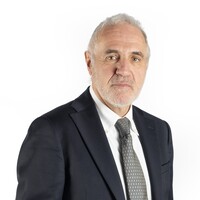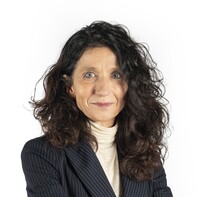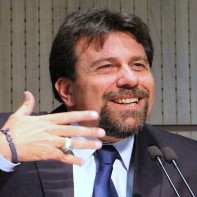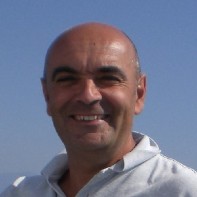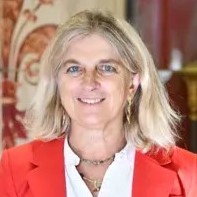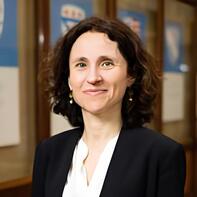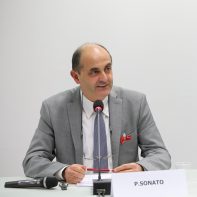ELIGIBILITY FOR ADMISSION
ELIGIBLE PROFILES
- young talents with academic prospects: early-career lecturers, junior researchers at University or Research Centers, young professor;
- young officials from Ministries and/or local Energy Authorities.
The countries involved in the selection are the countries of North Africa and sub-Saharan Africa with a preference for those included in the Italian government's Mattei Plan (Algeria, Angola, Egypt, Ethiopia, Ghana, Ivory Coast, Kenya, Mauritania, Morocco, Mozambique, Republic of Congo, Senegal, Tanzania and Tunisia).
Admission is selective and the requirements are:
1) Bachelor or Master of Science in disciplines connected to the topics of the Specializing Master:
- copy of the degree in the original language and its translation into Italian/English/French or Spanish
- copy of the transcripts with the list of exams in the original language and their translation into Italian/English/French or Spanish or Diploma Supplement
2) Copy of a valid passport
3) Curriculum Vitae, in English with personal contact (address, email, mobile-phone number, max 2 pages);
4) Motivational letter , in English and prepared on purpose, highlighting the reasons for joining the training program, max 1 page);
5) Support letter prepared on purpose, in English and prepared on purpose, issued on headed paper and signed preferably by an institutional representative (Head of Unit or Department; Supervisor) of the home Institution/Authority/University (max 1 page).
A good knowledge of written and oral English is requested: the entire learning program will be held in English and the selection interview itself will be in English. If you have a Language Certification you can upload it in your application as an additional document.
For the Italian regulation, it is also essential to be willing to own a credit or prepaid card that allows international bank transfers (e.g. Revolut, Wise…) by the enrolment date.
Please note: Incomplete applications will be considered ineligible.
ADMISSION STEPS
The Specializing Master application must be submitted via the online services of Politecnico di Milano website.
Click here to read/download the official Decree (call for application).
Click here to read the online application manual.
The Specializing Master Management team is located at Politecnico di Milano, Department of Energy - Specializing Master and Lifelong Learning Office. The Scientific Committee will ensure a selection process based on equal opportunity without prejudice, regardless of gender, race, religion, age, pregnancy or any disability.
STEP 1 – Firstly, the management team will evaluate each applicant’s documentation with respect to the Call for application requirements. The selected applicants will go forward to step 2.
STEP 2 - The Scientific Committee will invite the selected candidates for a video interview. During the interview, each candidate will need to demonstrate that they have:
- Capacity to communicate clearly and accurately in spoken and written English;
- Sustainable Development, Agenda 2030 and Agenda 2063 knowledge;
- Communication, team-working skills;
- Multidisciplinary and cross-sectorial approach;
- Willingness to contribute to disseminate the knowledge to peer-professionals or younger students;
- Commitment to pursuing the training program and demonstrated relevance of the field of study for the development of the country, at regional scale and at planetary scale.
The output of the selection process will be a ranking list based on the evaluation of the above mentioned criteria: from 1 point (lowest) to 5 points (highest). The maximum overall grade will be 30 points. The minimum grade will be 18.
The ranking list will be sent by email at the end of the selection process (September 2025). A reserve list will be included in case of withdrawal of one or more of the selected applicants.
FEE EXEMPTION AND FINANCIAL SUPPORT
The administrative costs of the training program are covered for 25 applicants by the organization: tuition fee, duty stamp, consumable and learning materials, Statement of Verification or Declaration of Value (DoV). These costs will be reimbursed through a credit or prepaid card that allows international bank transfers (e.g. Revolut, Wise…). If on-campus training is planned, the organization will cover the expenses related to: travel, accomodation, meals and insurance; VISA application is in charge of each student and the cost will be reimbursed.
More details will be provided after the selection process will be concluded.

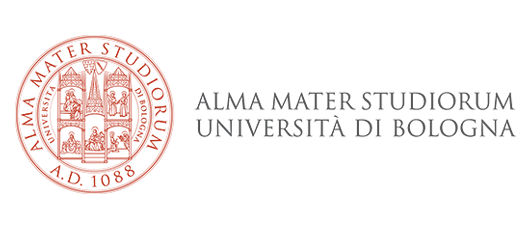

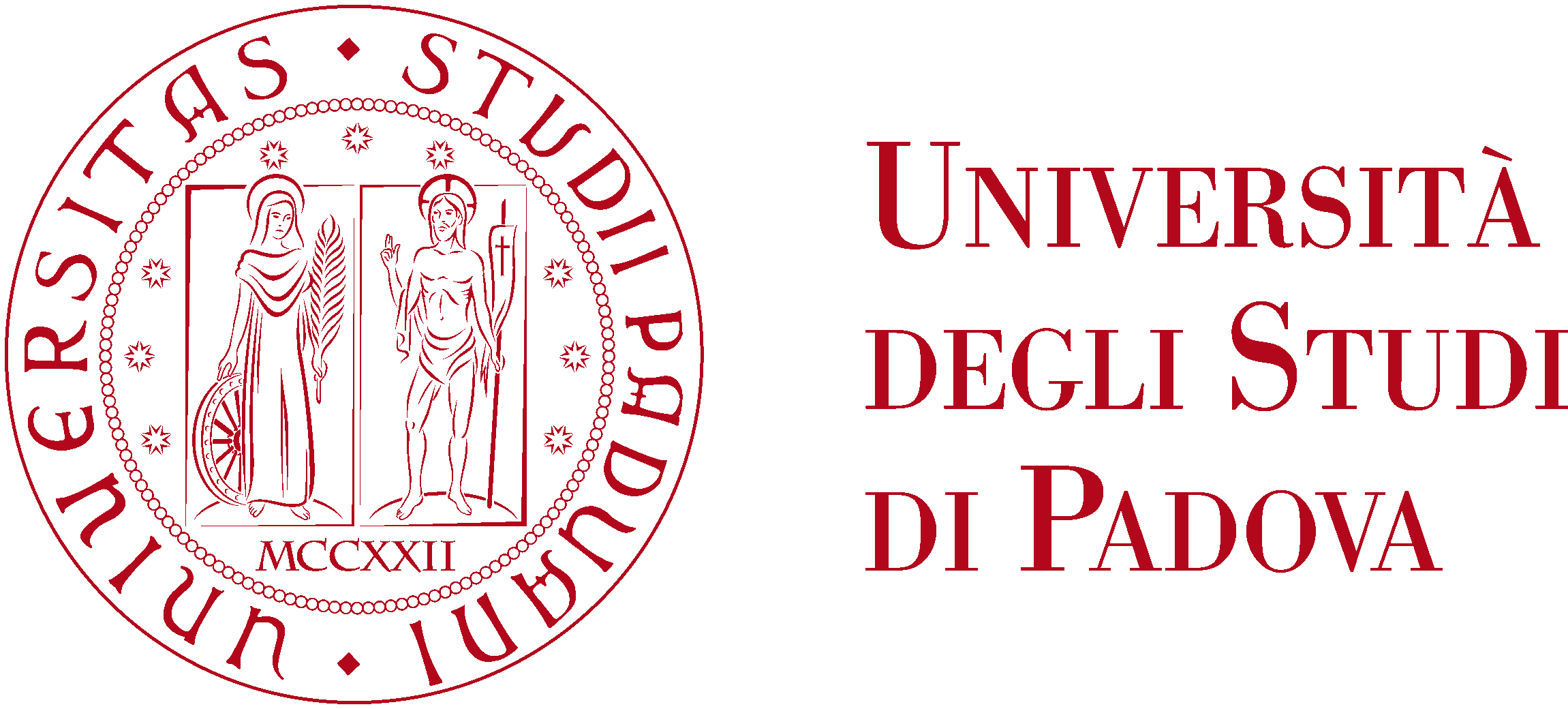
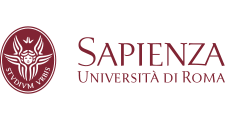
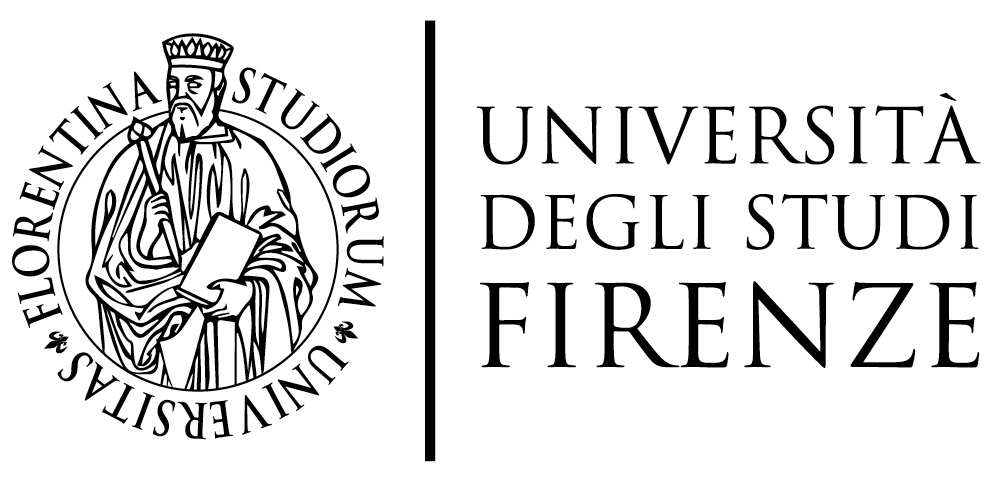
 Università degli Studi di Napoli Federico II
Università degli Studi di Napoli Federico II 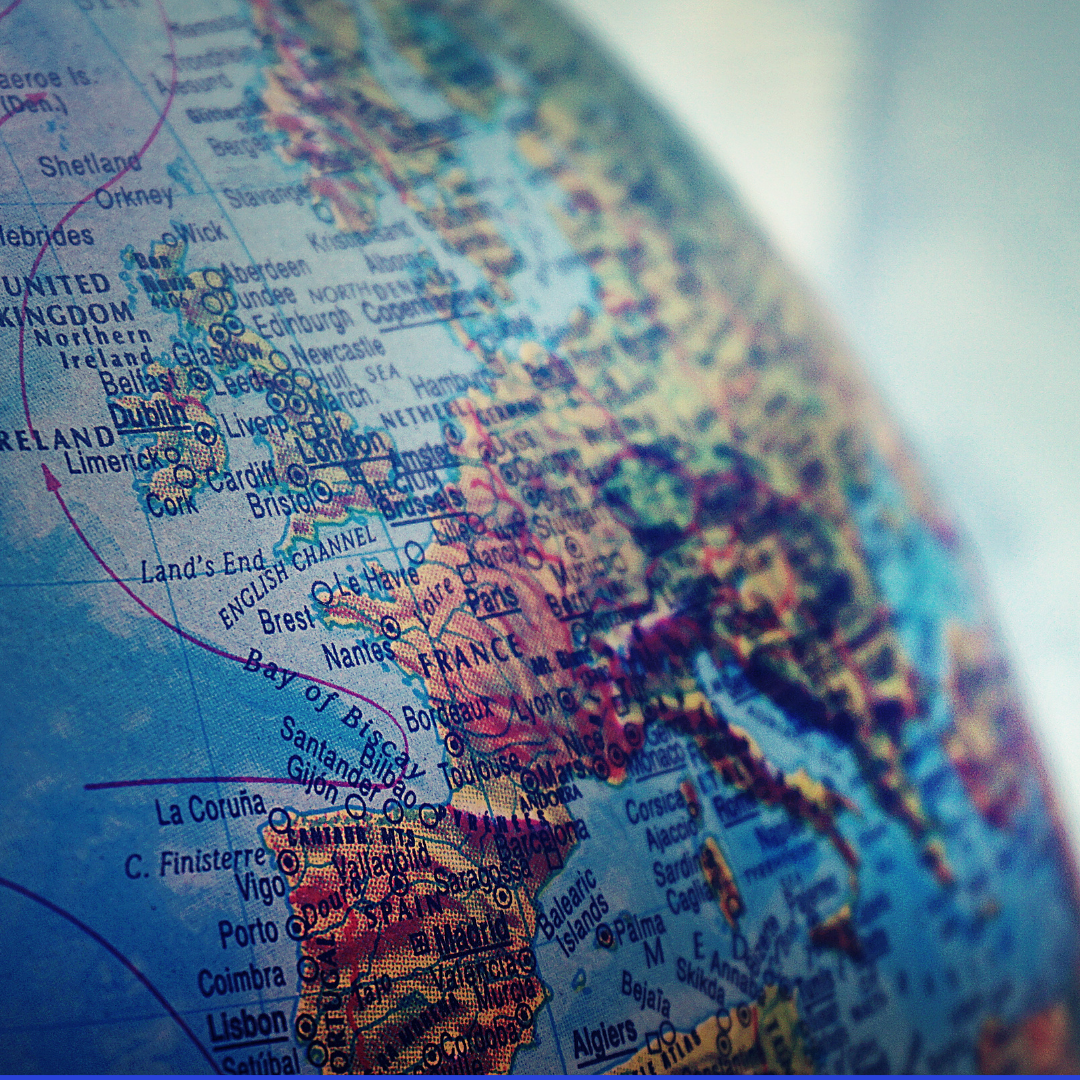 Politecnico di Milano
Politecnico di Milano  Università degli Studi di Padova
Università degli Studi di Padova 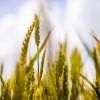 Università degli Studi di Firenze
Università degli Studi di Firenze  Politecnico di Milano
Politecnico di Milano  Università La Sapienza di Roma
Università La Sapienza di Roma 